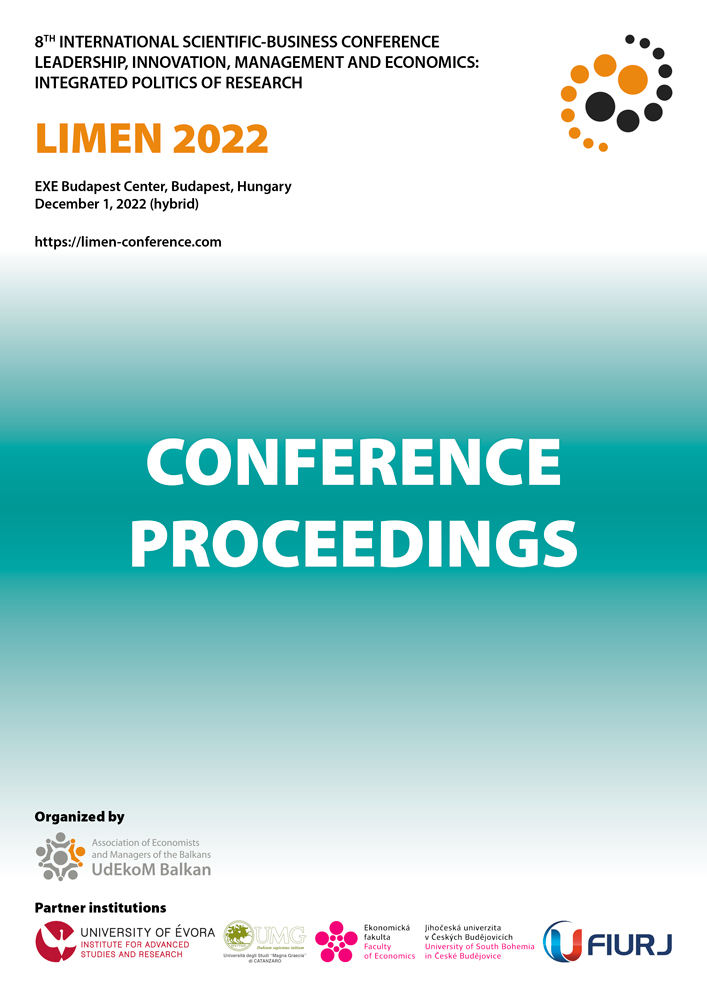How Much Sustainable Knowledge Will Soon-to-Be Experts in Slovenia Have? Findings of Higher Education Study Programs’ Analysis
How Much Sustainable Knowledge Will Soon-to-Be Experts in Slovenia Have? Findings of Higher Education Study Programs’ Analysis
Author(s): Matevž Obrecht, Lazar Pavić
Subject(s): Social Sciences, Economy
Published by: Udruženje ekonomista i menadžera Balkana
Summary/Abstract: Environmental topics are gaining more and more important both in the European Union and in Slovenia in the last decade. Climate changes (floods, droughts, and heat waves), pollution (soil, water, and air), management of invasive species, noise pollution, food self-sufficiency, sustainable development in the field of tourism, etc. are particularly present both in Slovenian Eastern and Western cohesion region. However, the level of knowledge about environmental challenges and competences of current experts and leaders to effectively manage and deal with them is perceived to be too low. The paper examines the inclusion of sustainable competences, knowledge, and skills in higher education programs in Slovenia to predict the level of sustainable knowledge. Slovenian soon-to-be professionals will be empowered by the Slovenian higher education system (Daneshjoo et al., 2020). Analysis included the content of 956 higher education study programs on the individual course level. In the next phase, a comprehensive comparative analysis of the situation in the areas of higher education and environmental education was performed. The factors based on which comparison was made are field of study, type of institution, level of study and number of subjects in the program that include some sustainable content. Non-parametric tests were used to determine statistically significant differences are the Mann-Whitney U test and the Kruskal-Wallis H test.
- Page Range: 257-263
- Page Count: 8
- Publication Year: 2022
- Language: English
- Content File-PDF

